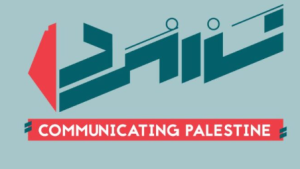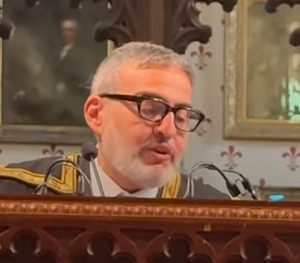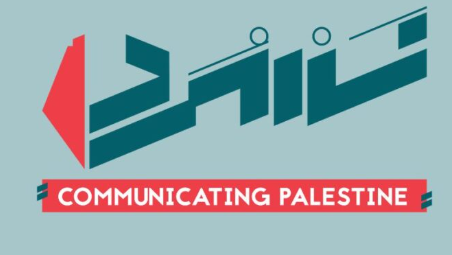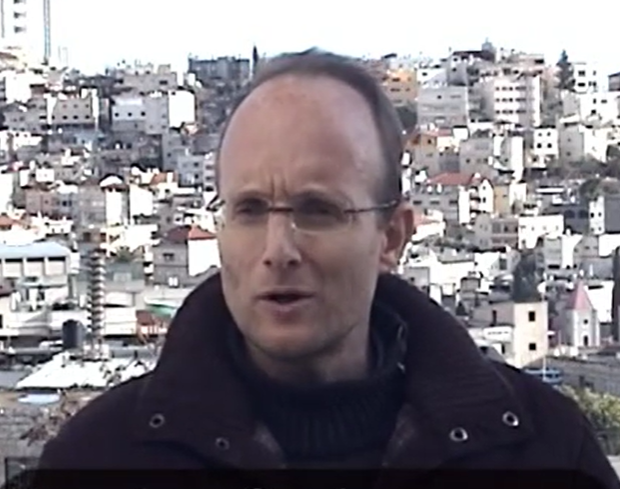20 September 2025
The letter by Professor Jonathan Rosenhead, vice-chair of BRICUP, to the Guardian reprinted below speaks volumes about the moral crisis we face today in Britain. As Professor Rosenhead points out, the Palestine civil society call for an academic and cultural boycott of Israel was issued in 2004, 21 years ago, and has been posted on their website ever since. Yet the administrators of Britain’s most eminent academic and scientific bodies have apparently never read the call, which emphasised that the boycott should apply only to Israeli institutions and those individuals who specifically represent the state or its policies: academics and cultural personnel engaged in their professional activities should not be interfered with. Put differently, they have apparently never seriously engaged with the question of their responsibility, however indirect, for aiding and abetting one of the worst crimes of our lifetime. As for the Guardian, it deserves two cheers for publishing Professor Rosenhead’s letter. But why would it remove the one political paragraph it contained? Do the editors really think the central issue, the genocide of the Palestinians, is not important enough to warrant the criticism of Israeli and British institutions that Rosenhead sought to make? The additional paragraph has been added in bold/italics to the letter below.
Israel boycott aims are misunderstood
The boycott targets institutions, not academics or the flow of ideas, writes Jonathan Rosenhead
Fri 19 Sep 2025 17.14 BSTShare
You report on the growing strength of the movement for an academic boycott of Israeli universities (Universities around the world cut ties with Israeli academia over Gaza war, 13 September). Comments from the Royal Society and Universities UK show that, 21 years after it was launched, they still fail to understand what the boycott targets. A Royal Society statement talks of “blanket boycotts of scientists or other academics”, and the risk of “denying scientists or other academics their rights to freedom of opinion and expression … and of inhibiting the free circulation of scientists and scientific ideas”. Universities UK, the article says, “do not endorse blanket academic boycotts” as this represents “an infringement of academic freedom”.
Clearly, these comments are about the specific academic boycott of Israel. But that boycott unambiguously targets Israel’s higher education institutions, not the academics who work there.Israeli universities are deeply complicit in the regime of apartheid, denial of rights, repression and now genocide carried out by Israel. Boycotting them institutionally in no way interferes with collaboration between individual Israeli academics and their colleagues in other countries. What is targeted is any involvement of Israeli universities in that process – no funding streams, no publication in journals based there, no academic references for appointments and internal promotions, no international conferences held there. The impact is on the institutions, not the flow of ideas.
There has been not a single word of criticism, let alone outrage, from Israel’s educational institutions at the obliteration of every university in Gaza and the targeted killing of academic leaders. But come to think of it the same is true of the Royal Society, Universities UK, and every single university in the UK. Their support for academic freedom seems not to extend to that of Palestinians.
Jonathan Rosenhead
London











